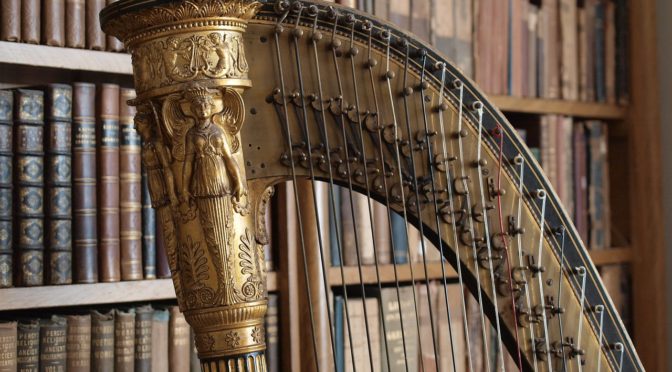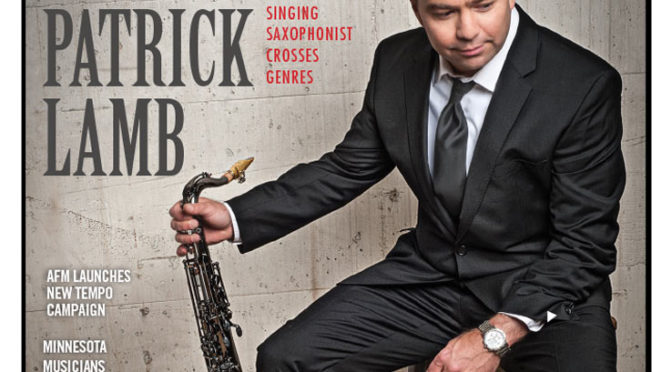I find it fascinating to track the different paths people create to give music away. The new kid on the block in Portland is the public library system. If they’re going to do it here, given the intra communication of national and state library associations, you can bet it’s likely to pop up in your town.
The Multnomah County Library has decided to create a system that will allow the community to stream the music of local musicians. A handful of members of the music community have been tasked with curating the music that will be made available. They will showcase the music of 50 local bands in this first round of submissions. They are providing a $100 honorarium, if you get selected. Doesn’t sound too bad, as it would take a lot of streams on Spotify or Apple Music to “earn” that $100.
So what’s the problem?
As they describe it: “Multnomah County Library’s Library Music Project is an online platform that showcases and shares current local music for free. The goal of the Library Music Project is to help new audiences discover the wealth of today’s local music and inspire the creativity of tomorrow. The music is available for free download and streaming. Anyone can stream the albums for free, and library cardholders can download and keep anything in the Library Music Project collection.”
So, if you have a library card, you not only get to stream the music, you get to permanently download it, and then essentially do whatever you want with it. No usage guidelines. No return date. No nothing.
I couldn’t believe it when I read that in the submission form. The library has decided to treat the intellectual property of music differently than they treat the intellectual property of books. When you use your library card to check out a “digital” book and download it to your Kindle, it’s yours to keep for three weeks, just like a regularly checked out book. Then, after those three weeks, it disappears, “returned” to the library. But with music in this system, it’s the cardholder’s property forever. No process for “returning” it.
This new offering from the library was brought to my attention by a half-dozen of our local members who wanted us to look into it. I contacted the library, worked through the maze, and got to the person who is currently implementing it.
After a comprehensive, 45-minute conversation, it all came down to the usual explanation: “It’s exposure for the musician.” After pressing hard on why the streaming was not enough “exposure,” there was no real answer, as well as no real answer as to why the library was treating the intellectual property of music differently than that of books.
In fact, when the library staffer said that people like to be able to take music with them, not just stream it, I emphasized that that’s when the card holders need to pay for it. That way, the streaming “exposure” can lead to the purchase of the music, allowing fair compensation to musicians for the creation and production of their music. At that point, I was met with silence. The idea that the public library was undermining a significant revenue stream for local musicians seemed to have never come up, or if it did, was dismissed.
We will take this to those higher up in the library system, as well as to the Multnomah County Commission, to make them aware of the hypocrisy and the damage of this project to the musicians they say they are trying to benefit. While there are many bad players out there conspiring to undermine the hard work, dedication, and talents of musicians, I certainly never expected our public library to incentivize a similar activity. If our library systems across the country, the very foundation of our public access to knowledge, learning, and the arts, do not honor, respect, and uphold the rights of intellectual property, and instead, take advantage of the good nature of young artists, whom can we expect to ever carry that mantle?
This is just part one. I’ll keep you posted as this runs its course.



